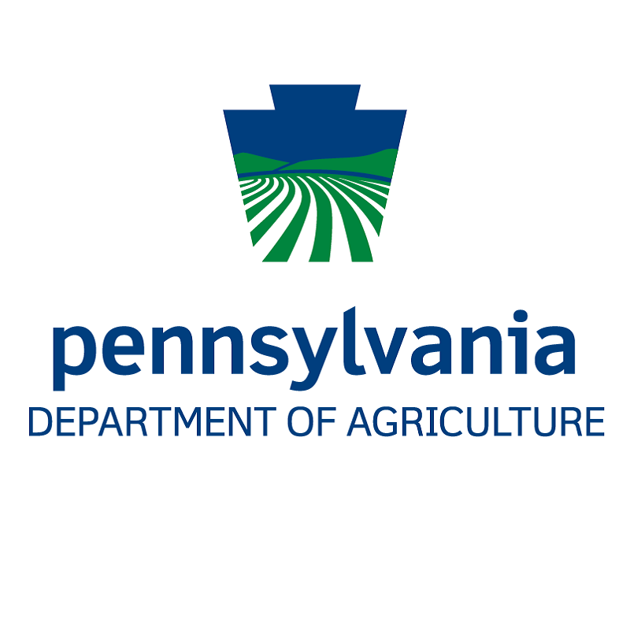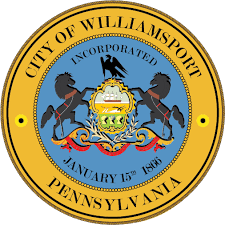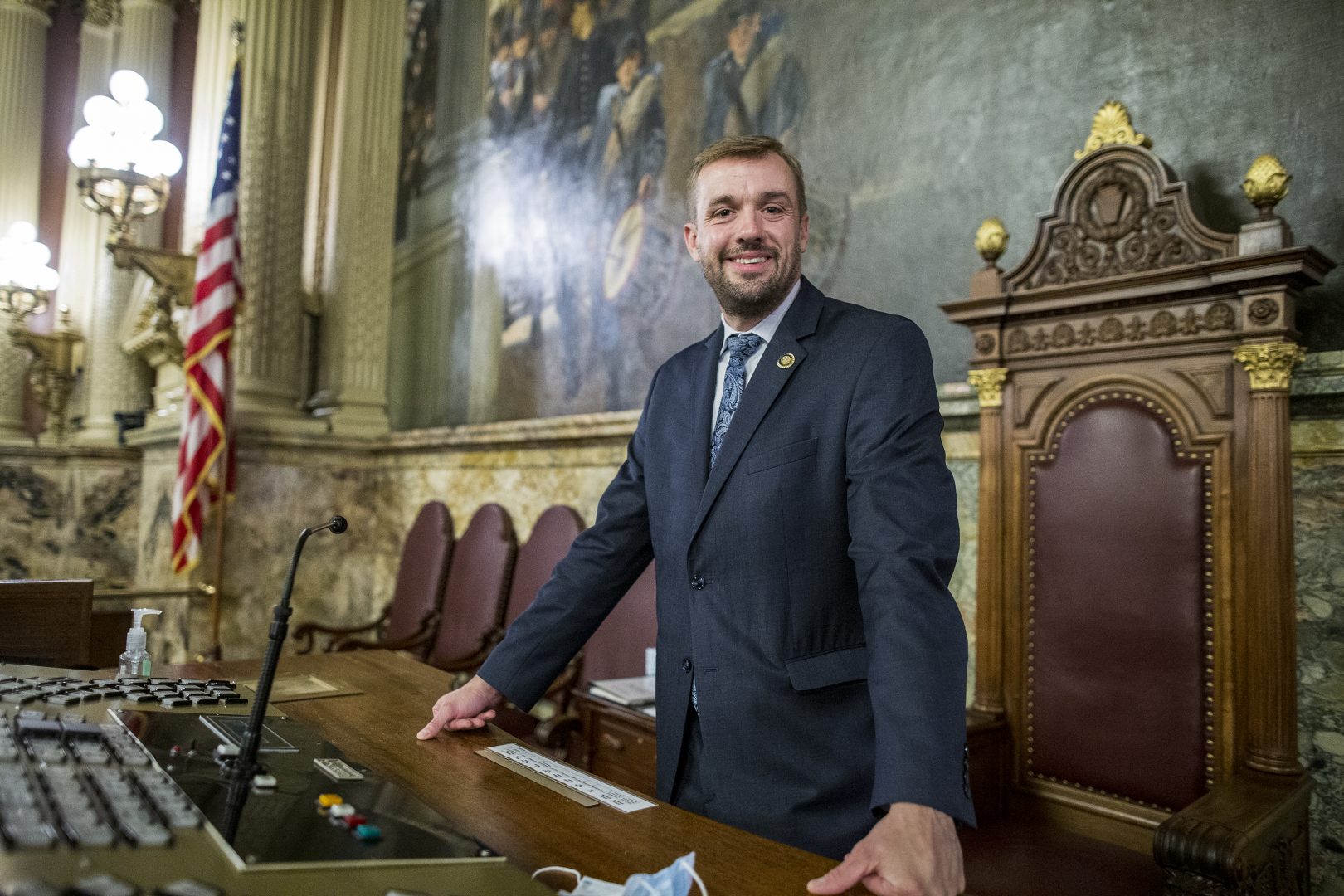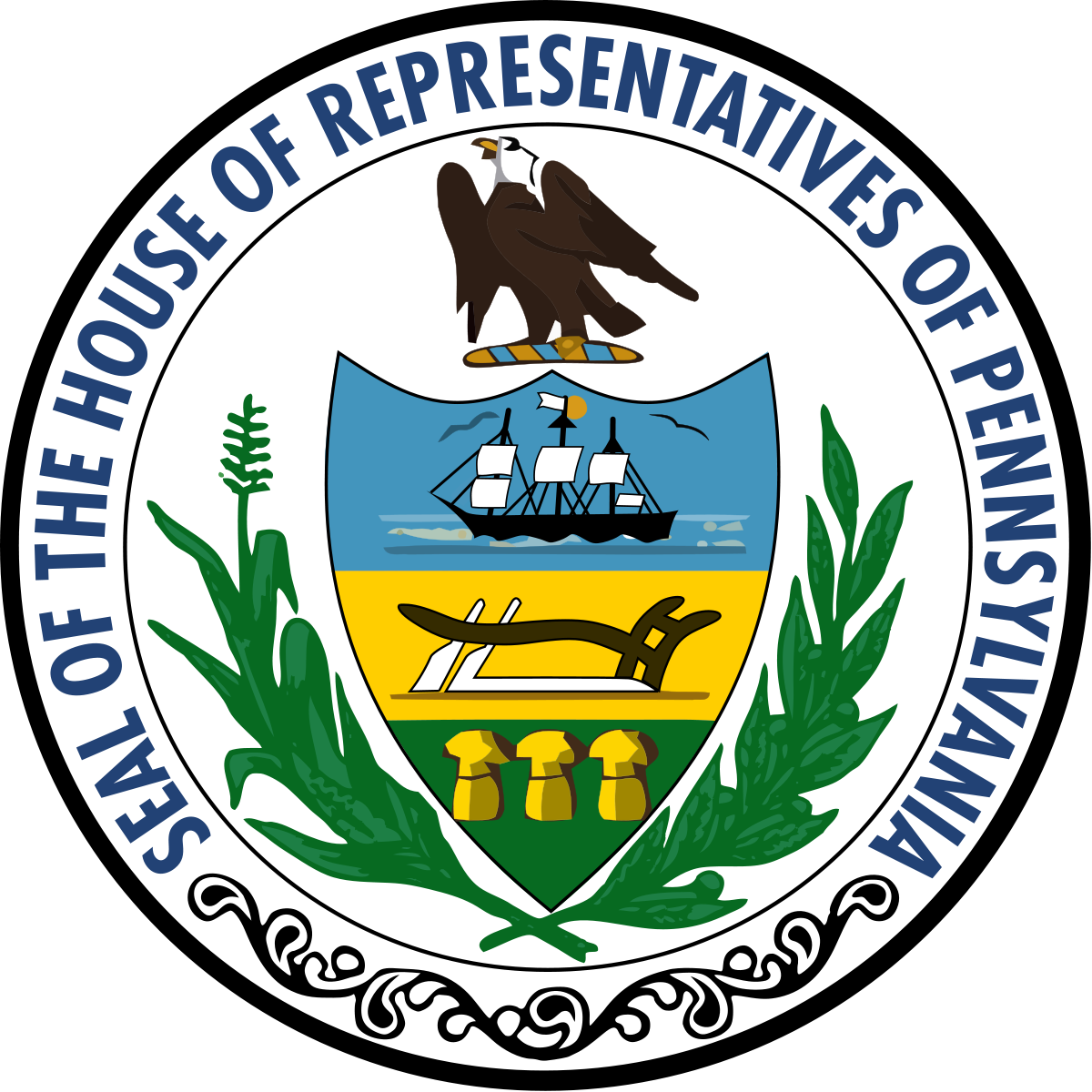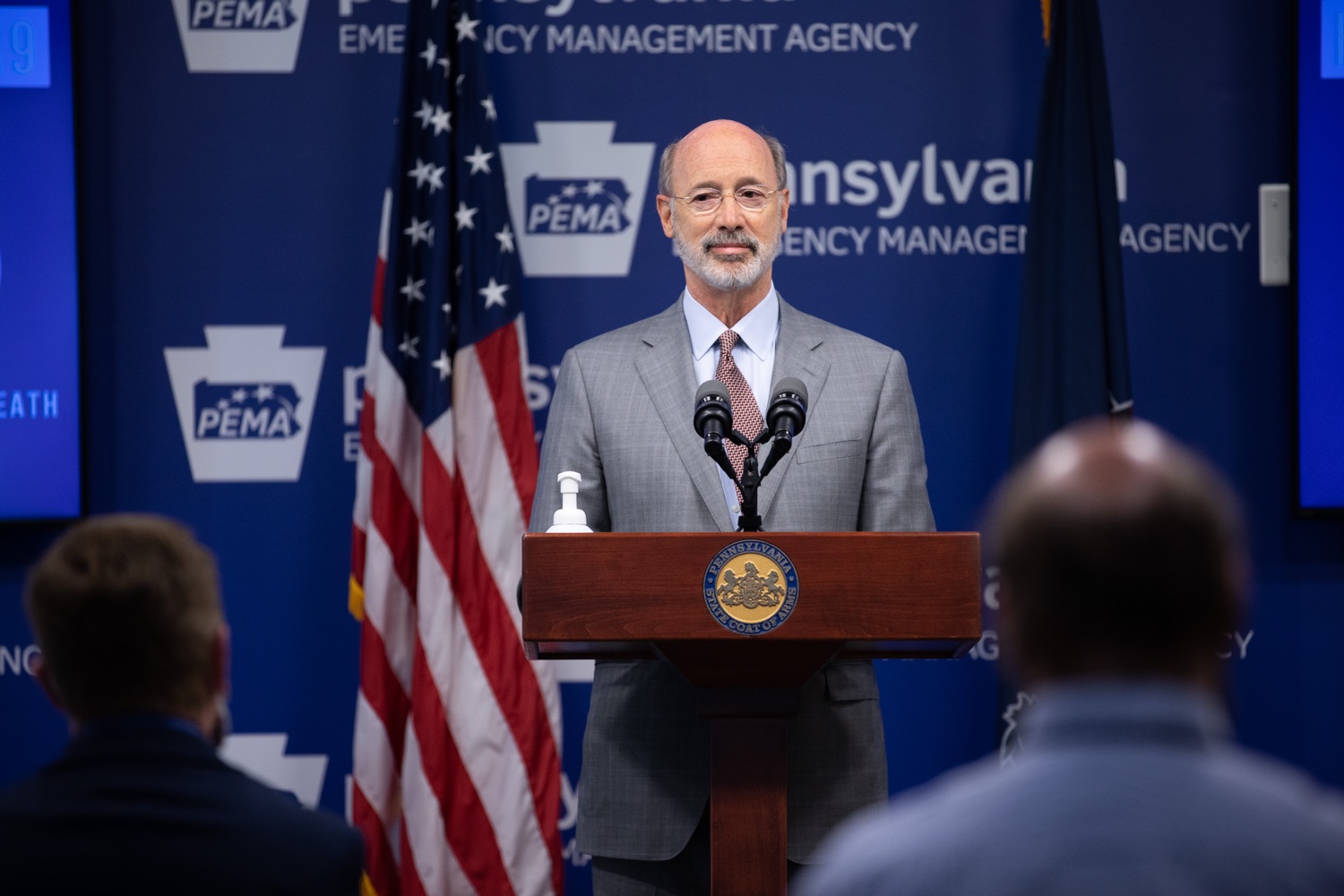Harrisburg, PA – The Department of Labor & Industry’s (L&I) Office of Unemployment Compensation (UC) has updated its UC Live Chat feature to include a virtual assistant to provide immediate assistance in general questions and guidance on UC-related information. In addition, UC has expanded access so that employers can now ask questions related to their business accounts.
“The upgrades to the UC Live Chat and the introduction of the new chatbot provide added convenience and communication options between UC claimants and staff,” said Secretary Oleksiak. “The addition and upgrades to the chat feature provides better customer service to claimants, expedites claims processing, and helps reduce call volume to UC Service Centers (UCSC). We are proud to unveil these new resources, which we hope will have a significant positive impact for UC claimants and employers.
The UC Live Chat capability was launched to assist claimants last summer. The feature provides a virtual means of communication for claimants to ask questions, provide information, and have claims concerns addressed by UC staff. Since its launch, the feature has hosted more than 300,000 UC Live Chats with claimants.
The virtual assistant can provide responses for nearly 450 questions regarding UC claims and will be available 24 hours a day, seven days a week. If the chatbot is unable to assist with general UC queries, users can request being transferred to an agent for additional assistance.
UC staff has also created two additional chat options specifically geared toward assisting business customers. Employers can now use UC Live Chat to engage with the Unemployment Compensation Resource Center (UCRC), which handles employer issues. Employers can now get answers to UC-related questions regarding their business accounts, including Monthly Notice of Compensation Charges, Relief from Charges, the Shared Work program, and more.
The new employer chat option will be available from 8 a.m. to 4 p.m., Monday through Friday. UC Chat Live will be available from 7 a.m. to 6 p.m., Monday through Friday. The new UC chatbot will be available 24/7 to provide virtual assistance.
Visit www.uc.pa.gov and select “UC Live Chat” on the icon bar to start a chat.

